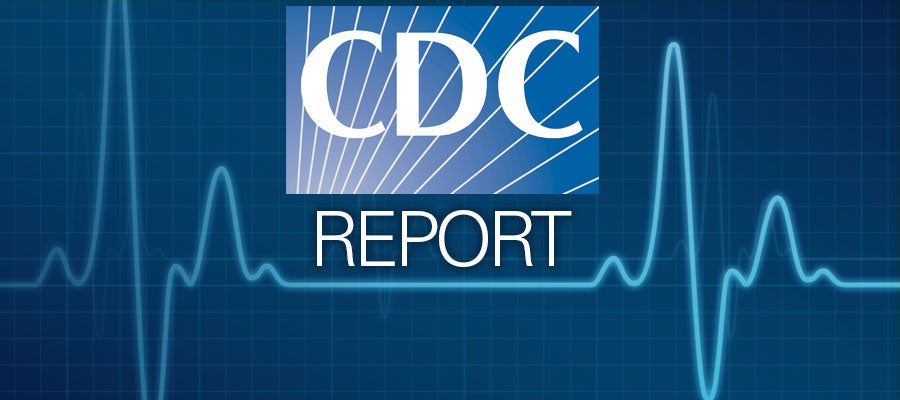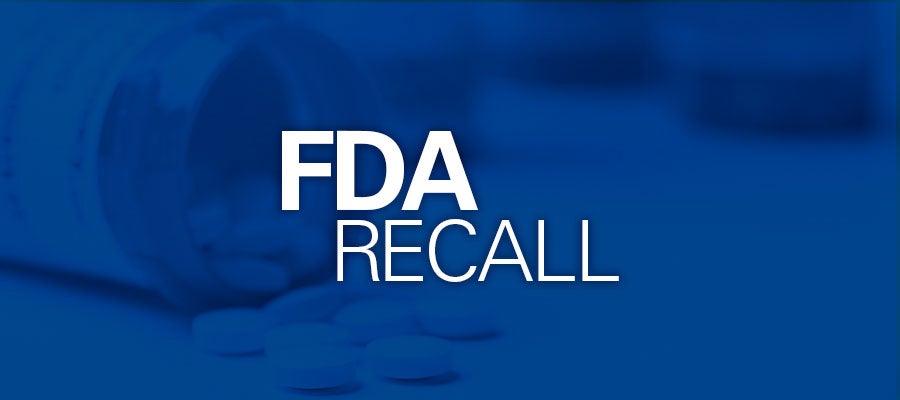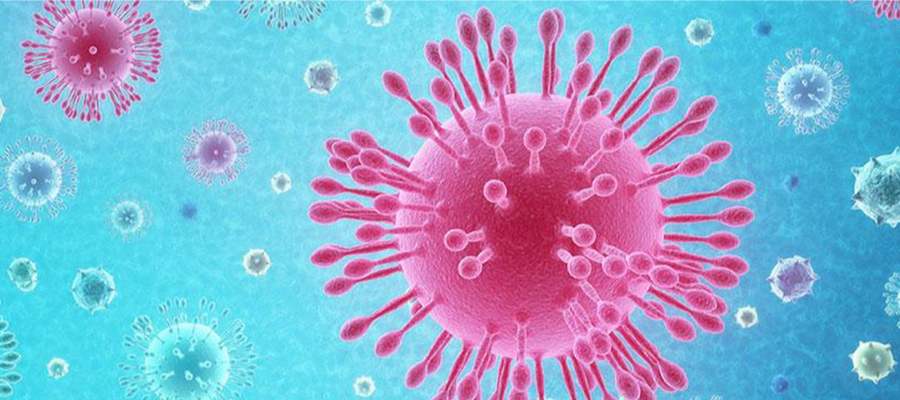
The Department of Health and Human Services plans this month to propose amending the definition of “lawful presence” for purposes of Medicaid and Affordable Care Act coverage to allow undocumented immigrants in the Deferred Action for Childhood Arrivals program, also known as “Dreamers,” to apply for coverage through Medicaid and the Health Insurance Marketplace and qualify for Marketplace subsidies based on income, the White House announced yesterday.







